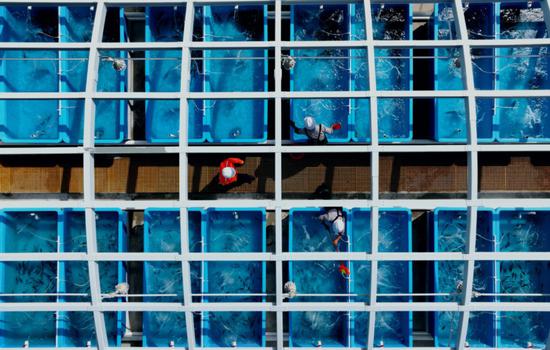
An aerial view of the Guangdong Dapeng LNG terminal in Shenzhen, Guangdong province, in January. (WANG XIAOKE/FOR CHINA DAILY)
In an innovative twist on sustainable energy use, China is harnessing the icy byproducts of liquefied natural gas stations to create thriving fish farms, transforming cold energy into a lifeline for aquaculture and pushing the boundaries of green technology.
The initiative, spearheaded by China National Offshore Oil Corp, utilizes the frigid temperatures generated during the LNG regasification process to maintain optimal conditions for cold-water aquatic species. This cutting-edge method is being piloted at Guangdong Dapeng LNG terminal in Shenzhen, Guangdong province, and is expected to expand to other coastal provinces where LNG terminals are abundant.
Instead of discharging the huge amounts of cold energy — which are produced during LNG vaporization and distribution — into the ocean, the company has decided to utilize it for aquaculture within the terminal, turning what was once considered waste into a valuable resource, enhancing fish farming capacities and reducing energy waste at the same time.
Similar to a marine aquarium, a total of 1,000 kilograms of red snappers and lobsters, among other sealife, are raised in the cold waters within the terminal, one of the largest LNG receiving stations in China.
Tests have shown that the sealife meets the requirements of various physiological indicators, said the company.
An analyst said the approach, part of a larger trend in China's energy and environmental sectors to find innovative uses for byproducts and reduce waste, sets a precedent for other countries with similar LNG infrastructures, potentially revolutionizing global aquaculture practices.
While cold energy has in the past been applied to low-temperature power generation and refrigerated storage, CNOOC has been the first to start aquatic cultivation through LNG cold energy, marking a new step in the construction of modern "ocean ranches" in the domestic LNG industry, said Li Ziyue, an analyst with BloombergNEF.
"During the regasification process of LNG, a substantial amount of cold energy is often wasted. If harnessed properly, it can greatly enhance energy efficiency and reduce emissions," Li said. "CNOOC's innovative approach can both utilize LNG cold energy and revolutionize the aquaculture industry."
According to CNOOC, the aquaculture experiment focuses on high-value fish species such as grouper and snapper, as well as seafood such as shrimp, crab and sea cucumber. Its projected annual output is expected to reach 100,000 kilograms.
The use of cold energy in aquaculture is expected to reduce overall costs by 30 percent compared with traditional aquaculture.
"Temperature control is a major cost factor in aquaculture, and this project will significantly reduce expenses while providing considerable economic benefits," said Cao Yueming, secretary-general of the seed branch of the Shenzhen Fisheries Industry Association.









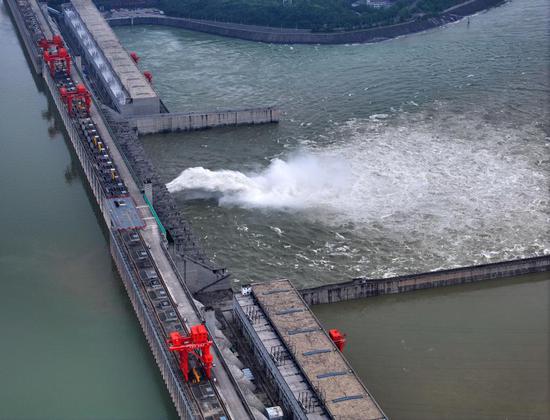
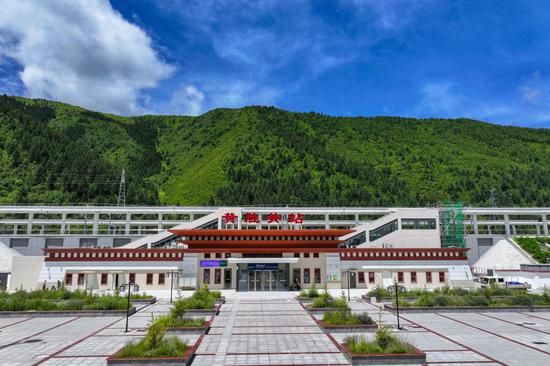
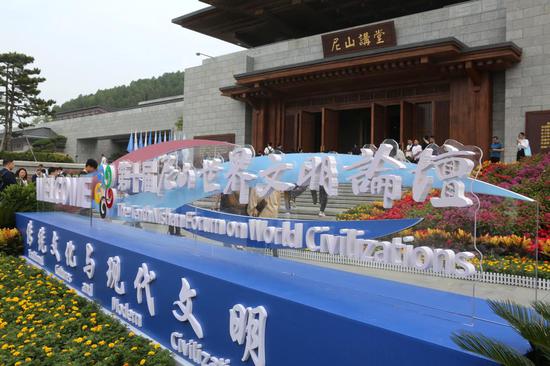


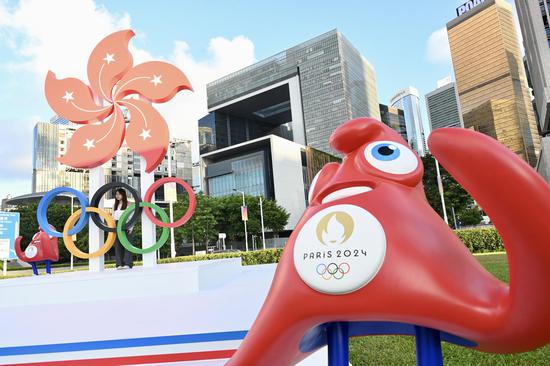




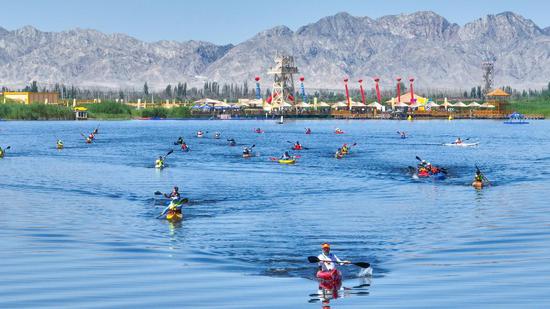

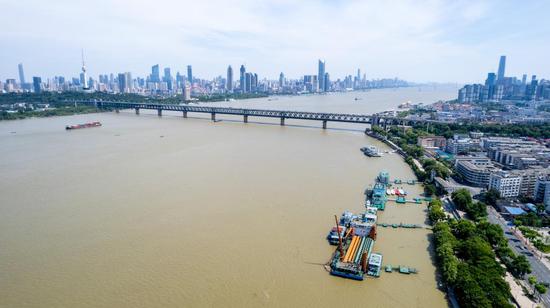
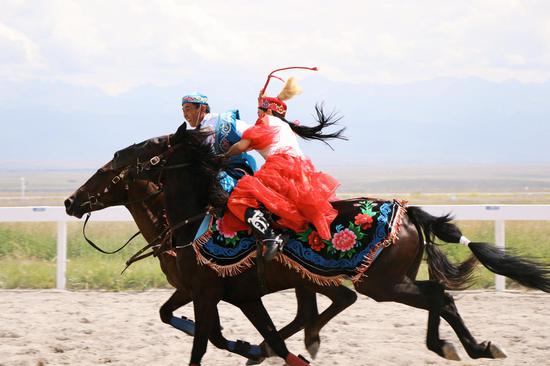
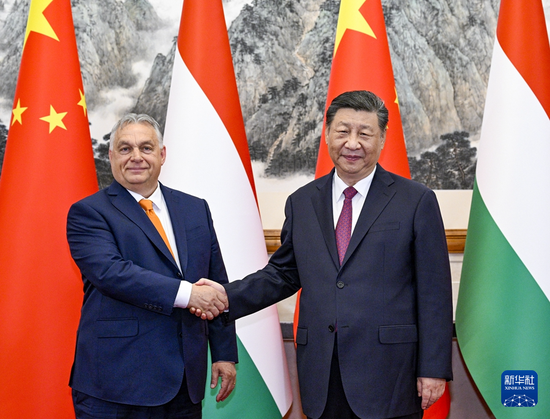

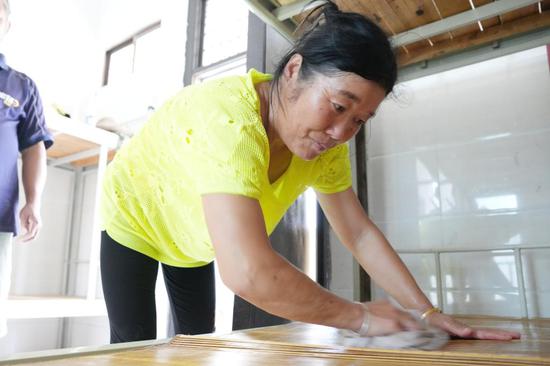
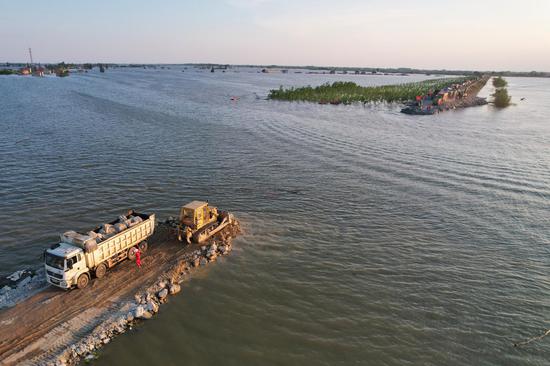


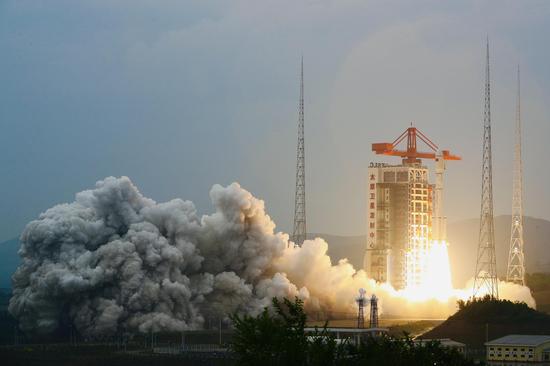
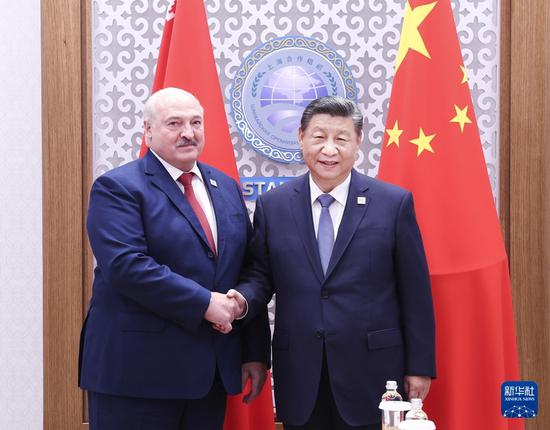
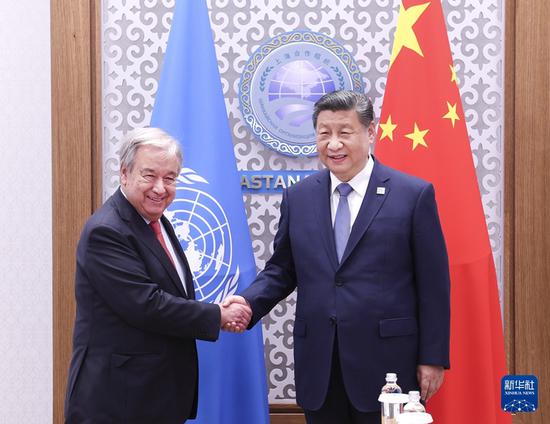
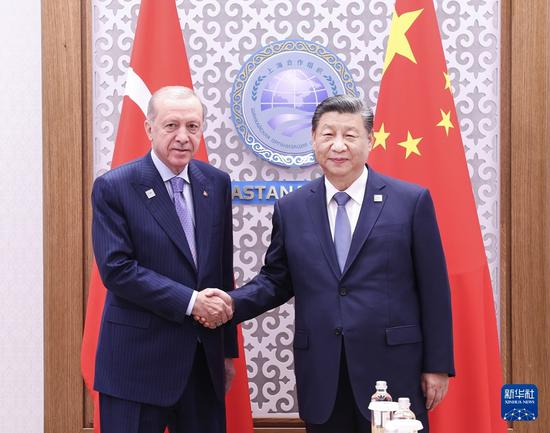


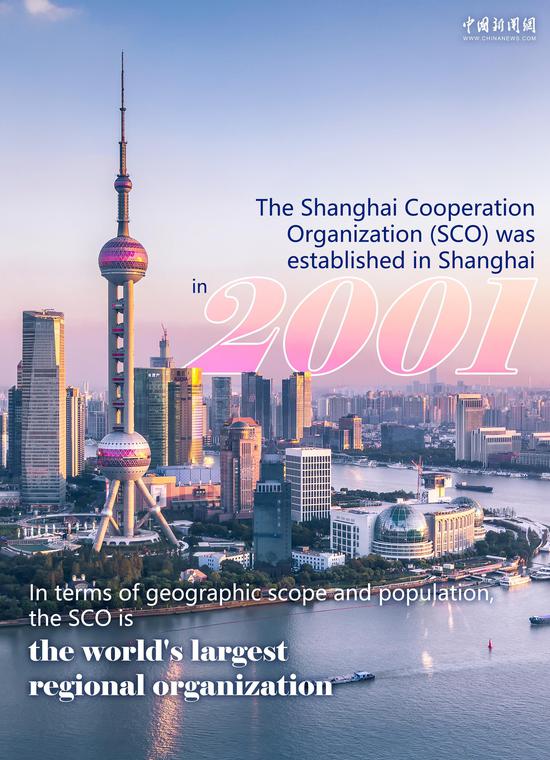

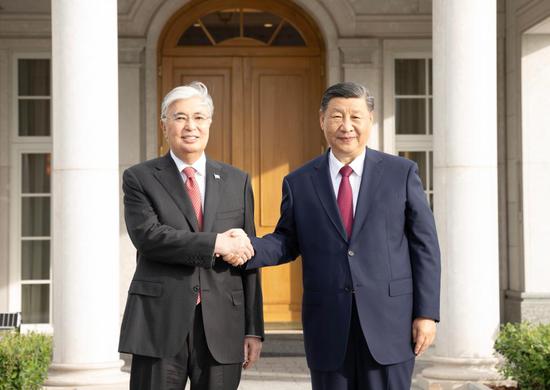
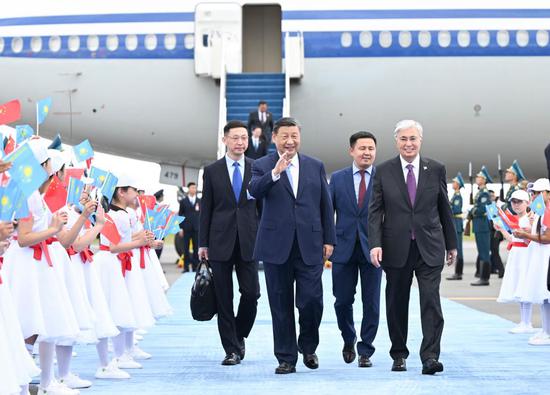
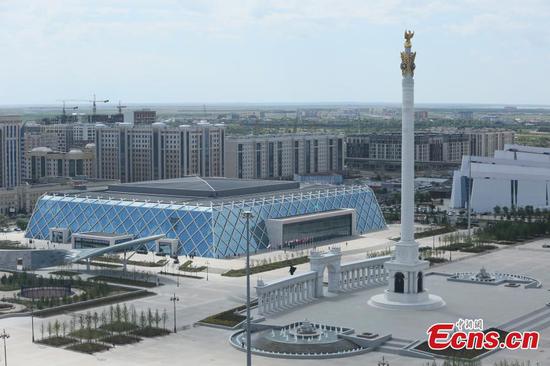


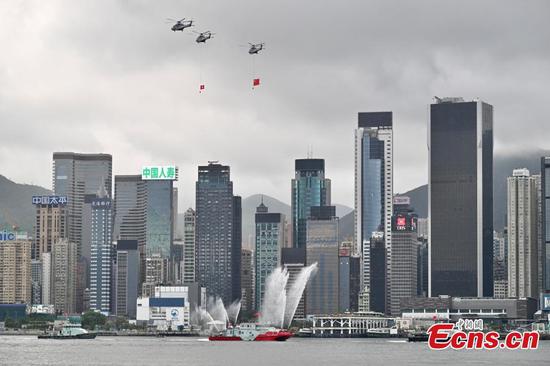

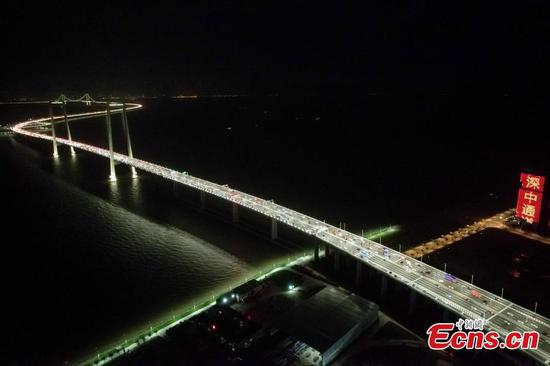

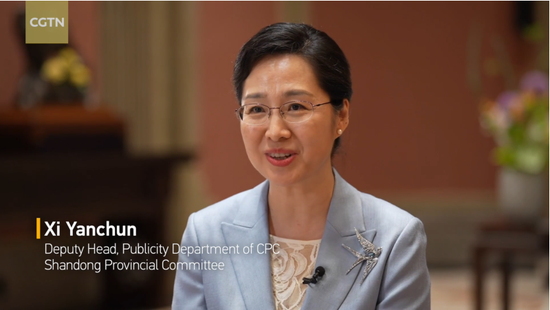



 京公網(wǎng)安備 11010202009201號(hào)
京公網(wǎng)安備 11010202009201號(hào)